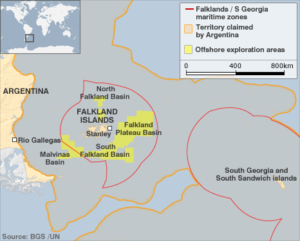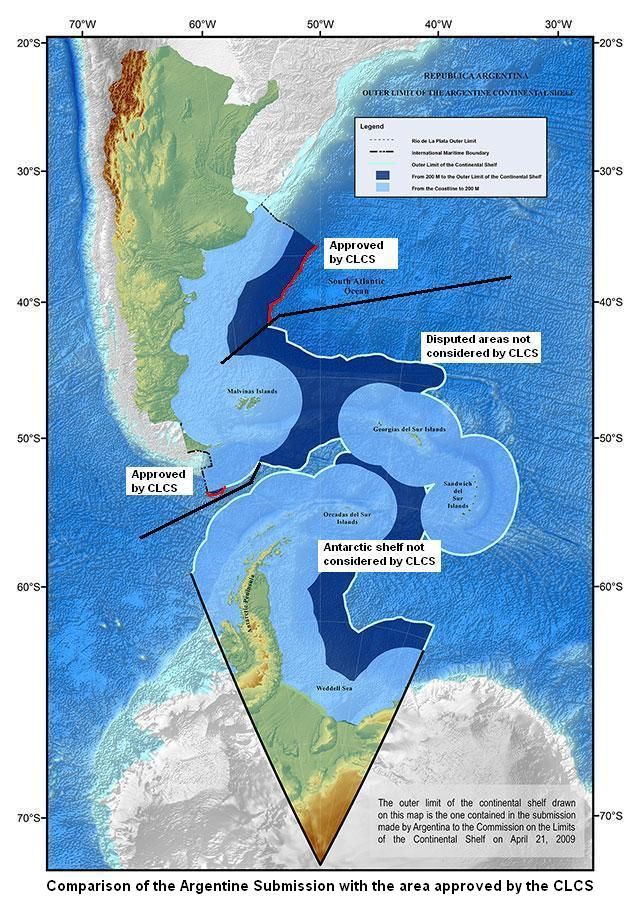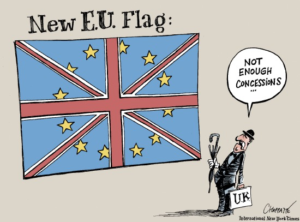The writing is on the wall. In a matter of days, the rejuvenated Iraqi Army will begin its long-awaited assault on Mosul and the political struggle for the soul of northern Iraq will commence. What’s not apparent to many observers is that the military seizure of this ancient city of 1 million people is assured; Mosul will fall. If the capture of Mosul goes “well”, the Government of Iraq will be in a strong position to broker a stable political balance in the north. But if the assault bogs down, all interested parties will begin hedging their bets about the future. Either way, Mosul will fall, and when it does, the divergent interests of Turkey, Iran, the United States, and Russia will come into play making this historic city the lynchpin in a global struggle over the future of the Middle East.
Strategic Mosul
The 2014 fall of Mosul to the Islamic State of Iraq and the Levant (ISIL) forced both Washington and Tehran to make strategic decisions. The Iraqi Army’s defeat in the north left only a thin line of Kurdish Peshmerga fighters between ISIL and the Kurdish capital in Irbil. If ISIL had managed to take Irbil they would have shattered the Kurdish diaspora into four distinct parts, forced its people into exile in Iran and Turkey, and obliterated the federated nature of the modern state of Iraq. With no consensus and no army, Iraq would have been helpless to prevent victorious ISIL formations from moving swiftly down the Tigris and Euphrates Rivers in a final, decisive assault on Baghdad. There is little doubt that Iran would have intervened to prevent this, a circumstance that would quickly provoke a massive Saudi response leading to state-on-state Shia vs. Sunni warfare.

Faced with this abysmal possibility, both the United States and Iran acted quickly. America rushed to rebuild the Iraqi Army and initiated an air war against ISIL that continues to this day. Iran moved to bolster President Assad’s forces in Syria and to mobilize the Shia population in Iraq. Disagreeing with Tehran on the acceptability of the Assad regime but seeking ways to cooperate against ISIL, the Obama Administration made a series of compromises on Iran’s nuclear program. Sensing an opportunity, Russia started its own war in Syria and made good on long delayed deliveries of advanced anti-aircraft systems to Tehran. Freed from American sanctions and safe under the umbrella of Russian top cover, the Iranian mullahs had a green light to continue their nuclear program and intervene openly in both Iraq and Syria.
Ottoman Style
Outmaneuvered and seeking to relieve pressure on Iraq, the United States pushed Kurdish allies in Syria to attack west from their stronghold near the Iraqi border. When the US-backed Syrian Democratic Force (SDF) — which Turkey considers the military wing of its mortal enemy, the Kurdistan Worker’s Party (PKK) — crossed the Euphrates river and seized Manbij in August 2016, Turkey responded by invading the Syrian border town of Jarabulus, destroying its ISIL garrison, and threatening the SDF flank. Though militarily insignificant, the seizure of Jarabulus sent a defiant message to the United States that Turkey would not accept a unified Kurdish homeland on its border. The lack of a US policy on the future of the Kurds has continued to paralyze American decision making for months and shapes the scheme of maneuver for the upcoming assault on Mosul.
Having embarked on a policy of direct intervention, Turkey is now exerting itself militarily across the region. President Erdogan, seemingly without consulting his advisors, announced in September that the Turkish Army would take part in any effort to seize ISIL’s capital Raqqah, particularly if that effort involves the SDF. Turkish military involvement would complicate coordination of the operation and vastly increase the risk of fighting between Kurds and Turks during and after the battle. Implementing this would be so difficult that the move seems designed to prevent the battle from ever taking place. Erdogan is now doing much the same with regard to Mosul, threatening to invade Iraq if Shia militias are employed to isolate the city or if the Peshmerga enters its outskirts. Ominously, he makes sectarian arguments to justify his threats.
Power Play
The Russians continue to take advantage of the situation, playing to Erdogan’s narrative of fear and working to patch up a relationship strained by the November 2015 shoot down of a Russian fighter jet by the Turkish Air Force. American paralysis and Turkish concerns about the SDF gave Russia and Syria space to abrogate a shaky cessation of hostilities in September, achieving tactical surprise in eastern Aleppo and making a Kurdish move against Raqqah even less likely. At this point, a Kurdish deal with ISIL to protect the SDF southern flank is not hard to imagine; a development that would enrage Turkey and stiffen ISIL’s defense of Mosul. If the Iraqi assault on Mosul bogs down and Russia and Syria manage to achieve a breakthrough in Aleppo at the same time, we could see a general Turkish offensive all along its border from Mosul to Manbij supported in the west by a Syrian seizure of Raqqah. This could isolate the SDF and leave Russia, Turkey, and Iran masters of most of Kurdistan.
The United States is left with few good options. Its hopes for Mosul rely upon the effectiveness of a reconstituted Iraqi Army which is performing miraculously well but will have to operate without help from the Peshmerga that must remain outside the city. The Iraqi Army however, a largely Shia force, is not an ideal tool to control what has long been a Sunni outpost. This lends a great deal of urgency to creation of a more suitable constabulary that can stabilize the great city; what US planners call the “Wide Area Security Force”. Given that some front line Iraqi units are operating below 50% strength due to combat losses, recruitment will be only the first challenge.
Meanwhile, Turkey’s relationship with its western allies is now in tatters. The failed coup in Turkey allowed President Erdogan to consolidate his power and resulted in the ongoing purge of the Turkish military. That purge, and the Obama Administration’s refusal to extradite the coup’s alleged mastermind, Fethullah Gulen, has hamstrung the relationship between the US and Turkish militaries at a time when cooperation against ISIL is at a premium. The crowded airspace over northern Syria and Iraq illustrates how dangerous this disconnect can be: the Turkish Air Force remains off the Coalition’s order of battle and is therefore dangerously uncoordinated. American diplomats, eager to keep Turkey out of the Mosul fight, are limited to leveraging NATO to shape Turkish actions in Iraq; an unlikely and inefficient political approach that in better times would have been easily managed at the military to miliary level.
In the coming days, there will be a convergence of interests in Mosul, the scope of which has not been seen since 750 AD when the Abbasids defeated Marwan II near there, effectively ending the Umayyad dynasty and casting the Muslim world into a cycle of vengeance. To an extent, the fortunes of an army of Iraqi replacements will determine the future stability of Iraq, Turkey’s relationship with NATO and the United States, and the scope of Russian and Iranian influence in the Middle East. Though none could have foreseen the dramatic political events that have brought us to this point, we can all agree that they have made Mosul great again.
Lino Miani is a retired US Army Special Forces officer, author of The Sulu Arms Market, and CEO of Navisio Global LLC





 CPT Jonathan Nielsen is a U.S. Army Infantry Officer with combat experience in multiple countries in the Middle East and extensive multinational training experience. He is currently attending the University of Belgrano in Buenos Aires. The views expressed in this article are those of the author and do not reflect the official policy or position of the U.S. Army, or the Department of Defense.
CPT Jonathan Nielsen is a U.S. Army Infantry Officer with combat experience in multiple countries in the Middle East and extensive multinational training experience. He is currently attending the University of Belgrano in Buenos Aires. The views expressed in this article are those of the author and do not reflect the official policy or position of the U.S. Army, or the Department of Defense.

